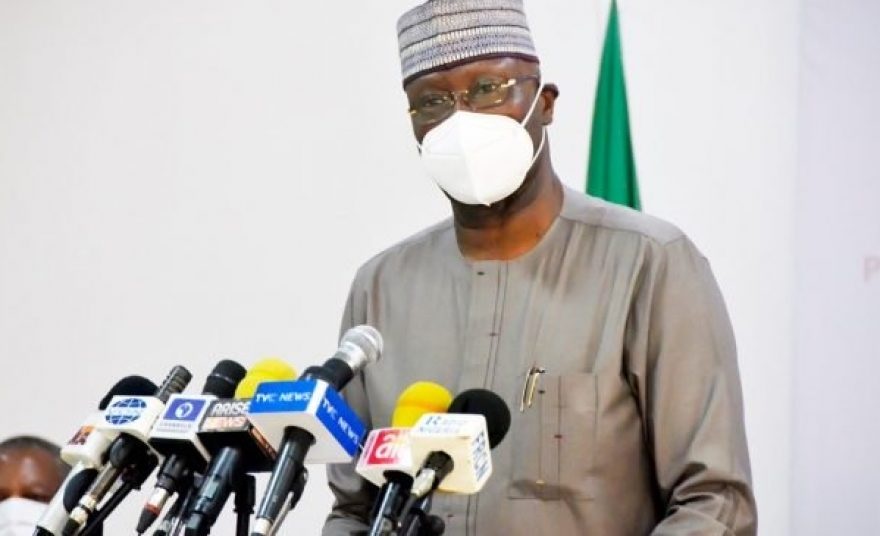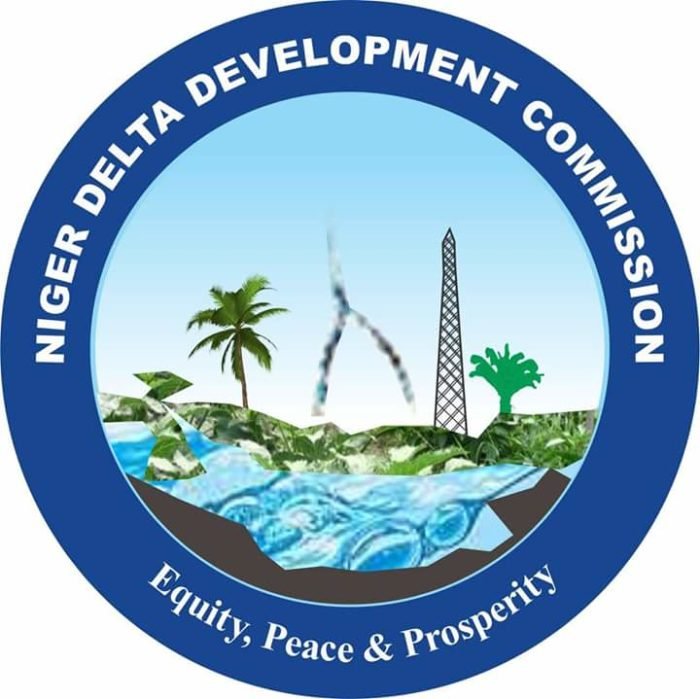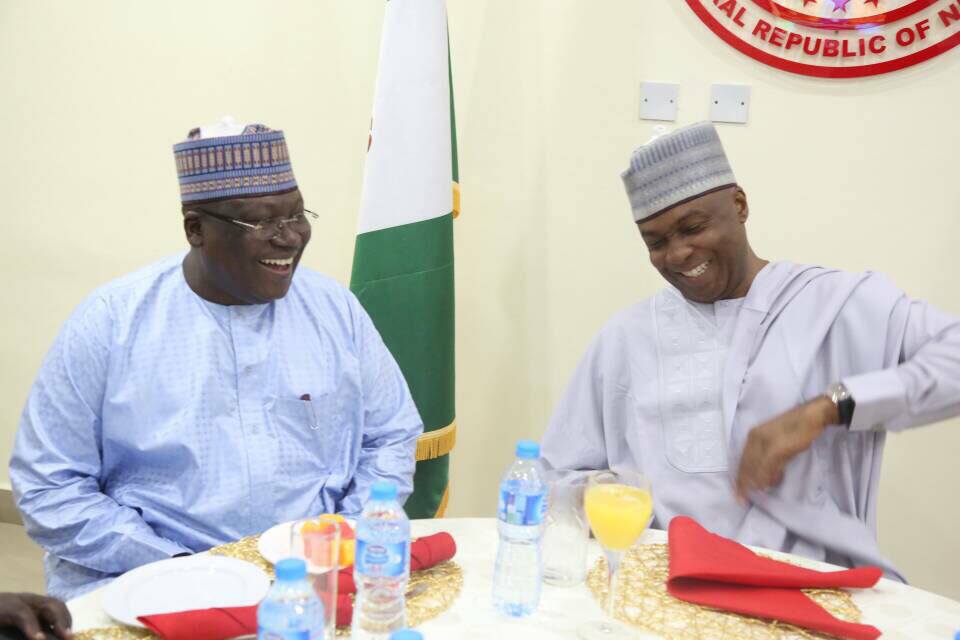PTF to Governors: Decentralise COVID-19 response to local govt level

…Expresses concern over refusal by patients to stay in isolation
…Confirms resumption of hydroxychloroquine treatment of COVID-19
…NCDC releases new guidelines on COVID-19 patients’ treatment, discharge
The Presidential Task Force (PTF) on the Novel Coronavirus (COVID-19) pandemic has has called on state governors to decentralise the Coronavirus response to the local government level.
Speaking at the resumed daily briefing of the of the task force on Thursday in Abuja, Secretary to the Government of the Federation SGF and Chairman of the PTF, Mr. Boss Mustapha, stressed the need to adopt an aggressive drive approach in containing the spread of the pandemic.

He said: “Identifying high burden LGAs and ensuring mapping of adequate support to rapidly trace, test and treat cases.
“States need to drive aggressive campaigns to engage communities in order to address behaviour change and debunk misconceptions and stigma. Traditional and religious institutions have a role to play in sensitising communities about COVID 19”.
While expressing concerns over reports that Nigerians who had tested positive for the virus had been refusing to go into isolation, Mustapha described as unfortunate that citizens had been refusing to help authorities in the process of contact tracing.
The SGF called on Nigerians to be cooperative with healthcare officials who would be advising and attending to them when such occasion arose, adding that many people, who had tested positive to COVID-19 had died due to worsening of their conditions while staying away from the care meant to be administered in isolation centres.
“We have received reports about citizens refusing to help with contact tracing as well as going into isolation after testing positive. It is in the interest of everybody that contacts are traced so as to slow down the spread. It is also in our interest to go into isolation facilities for close monitoring.
“A number of fatalities have been recorded due to change in the condition of patients while staying outside the isolation facilities. Our appeal is that if agents of the state get in touch with you regarding testing, contact tracing activities, please cooperate”, he said.
Mustapha, who noted that the nation approach the weekend, reminded the public to be aware of the guidelines set for restricted opening of places of worship.
He said that the national guidelines have been shared with the states and that the Federal Government expects that protocols will be agreed with religious leaders.
“Compliance is important so as to avoid unwanted consequences that put the lives of people at risk of contracting COVID19. We urge utmost caution at all times. The PTF will continue to monitor the overall compliance to the easing of restriction as well as evolution of the outbreak”.
He further affirmed that the World Health Organisation has resumed its use of Hydroxychloroquine in the fight against COVID-19.
The PTF Chairman warned however, that Nigerians must desist from rushing to buy the drug in a bid to self medicate.
According to him, overseeing the second phase of the eased lockdown is a critical role which state governments must play diligently.
Mustapha reminded the public on the need to comply with the guidelines for worship centres, insisting that compliance is very important at this time.
The SGF assured that the PTF will continue to monitor situations across the country and stressed that the committee will not hesitate to review its decisions if need be.
Malami seeks virtual platform for suspects to give evidence from custody
He urged members of the public to cooperate with the government and health authorities when it comes to contact tracing.
Meanwhile, the Nigeria Centre for Disease Control (NCDC) on Thursday announced a new case management guidelines for the treatment and discharge of COVID-19 pandemic patients.
Its Director-General, Dr. Chikwe Ihekweazu, made this known at the Presidential Task Force on COVID-19 (PTF) media briefing in Abuja.
Ihekweazu said that the third version of the guidelines was released following the emergence of new science about the duration of infectivity of individual patients.
The director-general said that the guidelines were for symptomatic and asymptomatic patients.
According to him, symptomatic patients will now be discharged at least 10 days after symptom onset and at least three days without symptoms.
“For asymptomatic patients, they can be discharged 14 days after the first PCR positive test.
“We no longer have to wait for a negative test to discharge, with the confidence that you can go home and you are no longer infective or putting family or friends at risk.
“If your symptoms lasts longer, we will wait while managing it,” Ihekweazu said.
He said that physicians were hesitant about the new guidelines, assuring them that the new guidelines was effective.
The NCDC chief said the centre had also removed the use of antivirals and Chloroquine and hydroxychloroquine from its treatment guidelines.
He said the antivirals would now be used only on trials setting and casually, because its safety was uncertain.








